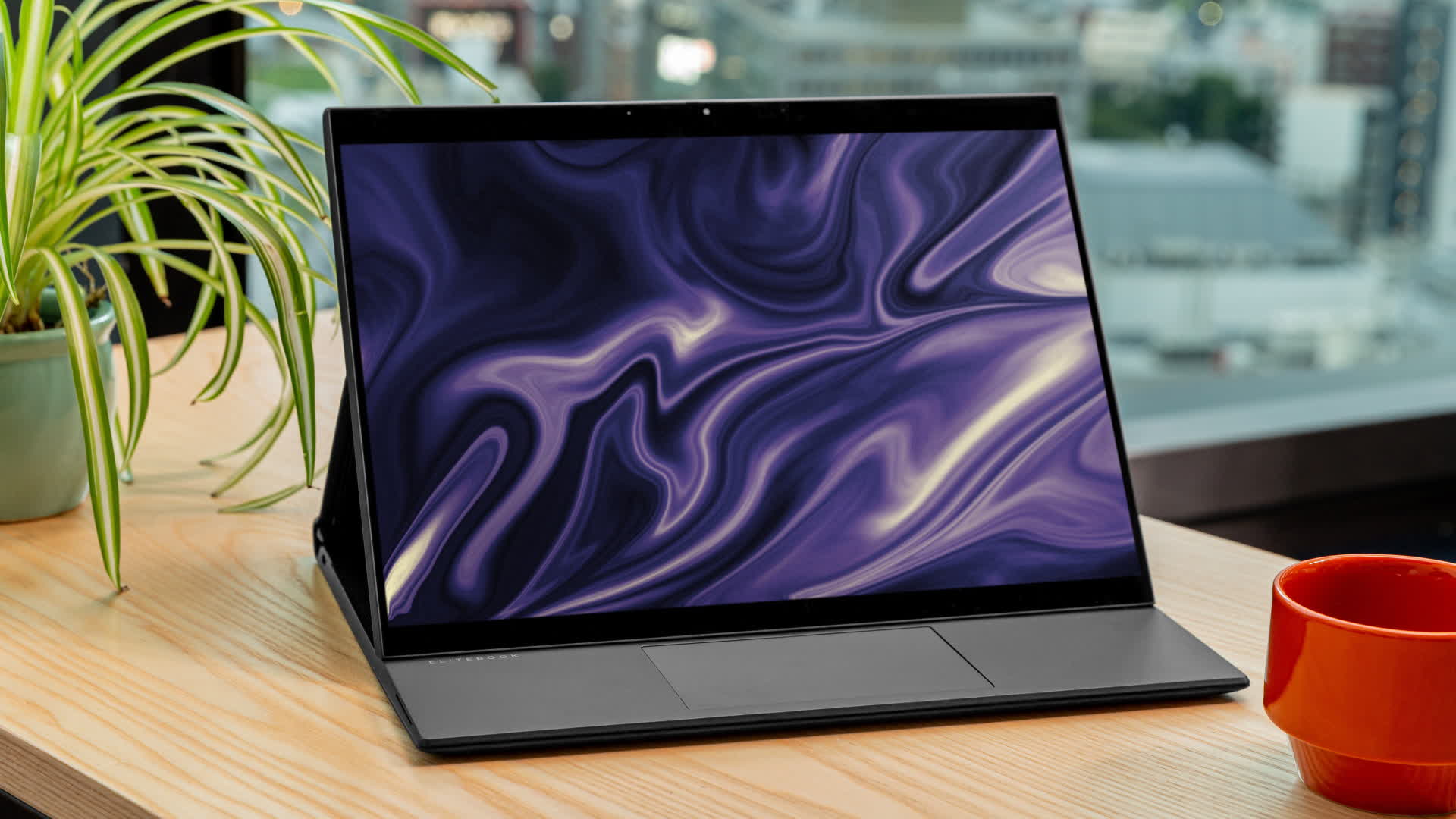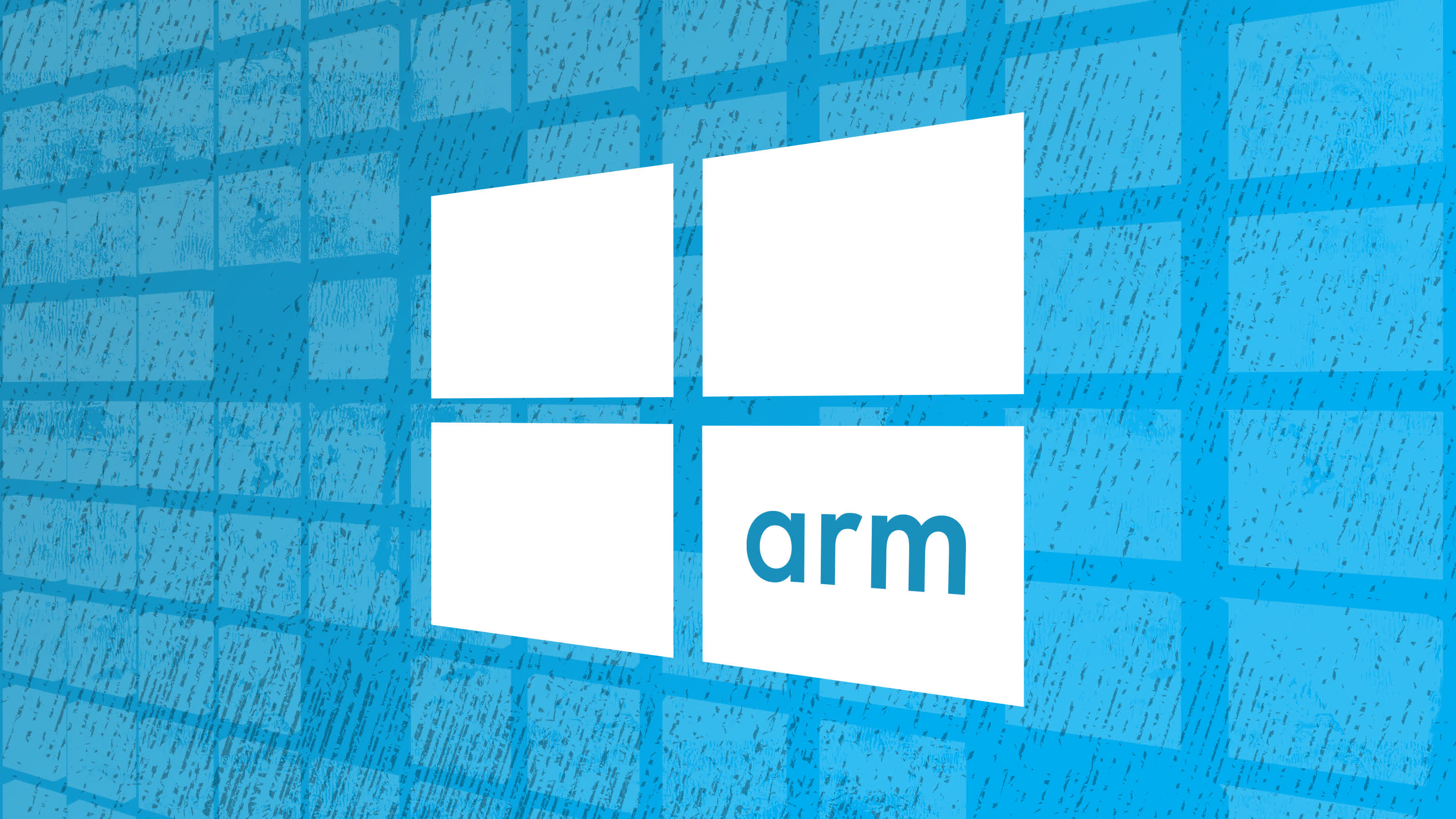In context: Microsoft's Arm-based laptops and portable computers first launched in 2016 and have mysteriously run only Qualcomm SoCs ever since. Since Microsoft never announced any official exclusivity deal with Qualcomm, many consumers have wondered why we haven't seen other brands, such as Samsung, develop processors for Windows on Arm machines. Now, it looks like we finally have answers.
According to a new report from XDA Developers, Microsoft does have an exclusivity deal with Qualcomm. The site says this is the primary reason competitors like Samsung and MediaTek have been unable to integrate their SoCs into Windows on Arm laptops and foldables.
There's a silver lining for those companies, though: apparently, Qualcomm's jackpot of a deal is set to expire "soon." Neither we nor XDA have a specific end date, unfortunately. It's unclear whether the site's sources were unable or unwilling to provide one. However, competition is most certainly on the way – assuming those sources' definition of 'soon' isn't "several years," we could start to see Windows on Arm machines running alternate processors in 2022.

Windows on Arm launched in late 2017, so it would make some degree of sense for the deal to finish up five years later, in late 2022. We already know that some other companies are developing chipsets for Windows on Arm: MediaTek announced as much recently, and we doubt the company would be so bold if Qualcomm's dominance is set in stone.
Still, to be clear, that's pure speculation on our part. Only Microsoft and Qualcomm could give us a definitive end date for their alleged deal, and given how tight-lipped they've remained so far, we doubt that information will be forthcoming.
Regardless, we look forward to seeing what the future of Arm-based Windows machines will look like. The benefits of the Arm architecture are numerous (20+ hour battery life being one of them), so we'd love to see more companies compete in this space and offer their own SoCs for Windows.
